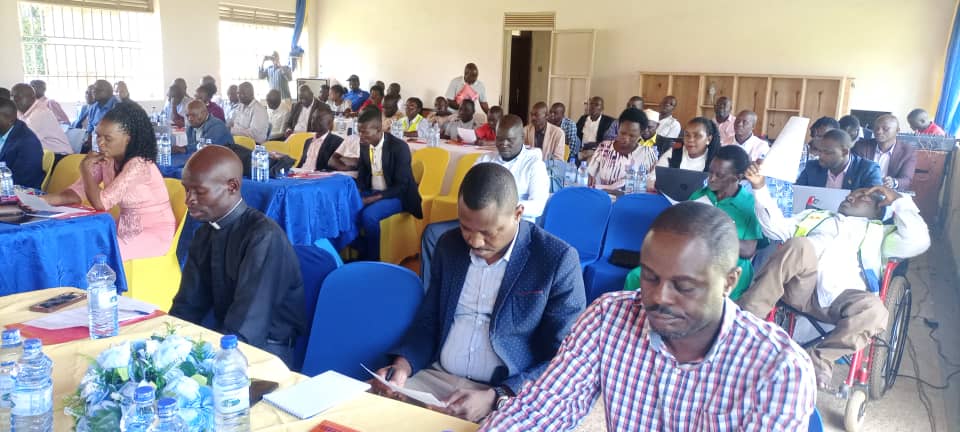Hoima District will anchor its 2026/2027 budget on the “enablers of growth,” with a strong focus on agro-industrialisation, education, health and integrated infrastructure, officials announced during a district budget conference held on November 27, 2025, at the Hoima Youth Centre.
Chief Administrative Officer Emmanuel Ssempala said the district’s budget strategy is aimed at deepening investment in priority growth sectors that support both local and national development goals.
“The budget strategy is anchored on increased value addition to agricultural products, increased investment in science and technology, investment in transport infrastructure, irrigation, industrial parks, education and health,” Ssempala said, noting that agro-industrialization and mineral-based development remain central to Hoima’s long-term transformation.
Hoima LCV Chairperson Uthuman Mugisha acknowledged progress in service delivery but said significant gaps remain, especially in education and healthcare.
“We still need to construct schools in areas where children walk long distances to access education. We need to improve sanitation in schools by constructing more latrine facilities and recruit more teachers to cater for the increasing population of learners,” Mugisha said.
He added that while maternal health indicators have improved, some sub-counties still lack Health Centre IIIs, despite this being the minimum standard under government policy.
On agriculture, District Production and Marketing Officer Dr. Charles Kajura said the new budget emphasizes improving production and strengthening market access.
“We are going to improve fertiliser use by farmers to increase production capacities. Other countries are leaving us behind because they have high rates of fertilizer application,” Dr Kajura said.
He added that the district is also focusing on post-harvest handling, horticulture development and linking farmers to export-oriented markets.
Civil society representatives also weighed in. The Executive Director of the Mid-Western Anti-Corruption Coalition (MIRAC), Ismael Kusemererwa, urged the district to enhance extension services and equip project beneficiaries with the necessary financial and mindset-change skills.
“You need to help project beneficiaries with training on mindset change and financial literacy in order to realize their full potential,” he said.
Kusemererwa also highlighted concerns around climate change, pests and diseases, market creation and the quality of roadworks.
This year’s budget consultations are being conducted under the national theme: “Full monetization of Uganda’s economy through commercial agriculture, industrialization, expanding and broadening services, digital transformation and market access.”


